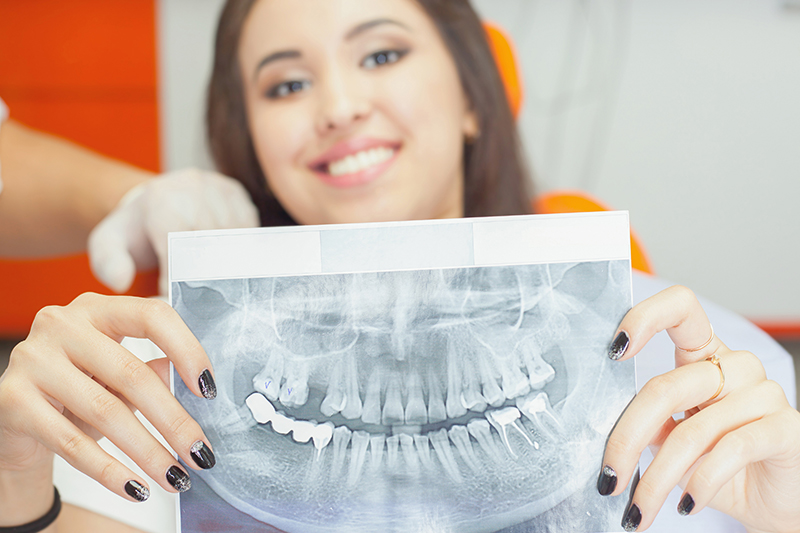THE IMPORTANCE OF BIOCOMPATIBILITY TESTING
Dr. Hal Huggins understood the importance of biocompatible materials decades ago, which is why he started Biocomp Laboratories. As a researcher and toxicologist, he knew that he would only list materials given by manufacturers that provided the maximum composition of their products, which may include aluminum.
Dr. Huggins noted that many dental materials had aluminum and that it is toxic to humans. It is only now, that some dental professionals are investigating this very important aspect of dentistry to protect not only their patients, but also their staff and themselves.
Unfortunately, the research on dental materials and the negative impact on human health, continues to be lacking.
Reactivity is the amount of change occurring within the immune system when it is subjected to a foreign substance. All foreign substances introduced to the body will elicit a response from the immune system, including dental materials.
Don’t be fooled!
A beautiful smile doesn’t always tell the whole truth about how ineffective and dangerous dental practices can impact whole-body health.

Don’t guess. Get the test.®
According to Merriam- Webster, the definition of biocompatibility is: compatibility with living tissue or a living system by not being toxic, injurious, or physiologically reactive and not causing immunological rejection.
This term is being used more than ever in the medical and dental fields, particularly in integrative medicine and biological dentistry, however, most health care professionals are not investigating the true impact of these materials used in health care and dentistry. This can be a problem for the patient, if there is no testing the reactivity of materials being used prior to placement. The patient may experience the synergistic effects of potential toxicity when multiple dental materials are present in the oral cavity, particularly when different types of metals are used. For example, each year millions of titanium dental implants are being done around the globe, however, research is showing just like mercury in dental amalgam, titanium implants breakdown and can have a negative impact on a patient’s health. There are risks of toxicity, even in prosthodontic dentures, since none of the materials are completely inert.
A recently published scientific review article (linked below) explains the importance of biocompatibility testing and why and how it can prevent exposures to materials that can have a detrimental effect on the patient’s health.
A “highly reactive” material can often prove to be a contributing factor in taxing the immune system over time. This condition can open the door to a wide variety of medical problems or worsen medical problems which may already exist. The results of this test work as a consulting tool to help dentists and other medical professionals when choosing materials. Of course it’s up to the doctor to have the final say on what material should be used. Biocompatibility testing is a tool, it’s not necessarily the final determining factor for dental restorations.
It is the responsibility of each professional to choose the materials they use. In some special cases a highly reactive material may be required in order for some restorations to be completed. Our overall goal is to provide both dentist and client with the correlative data so that they can each make informed decisions.
We welcome you to browse the rest of our website to learn more about our Biocompatibility testing. If you decide that the Biocompatibility test is right for you, we urge you to contact us at 1 (800) 331-2303, order online, or follow-up with your doctor for more information.
